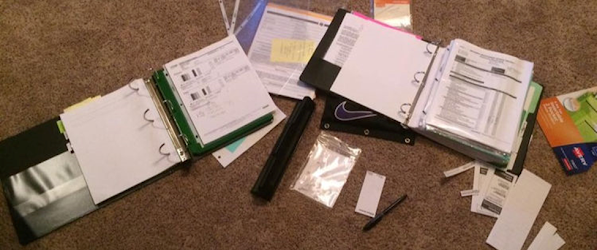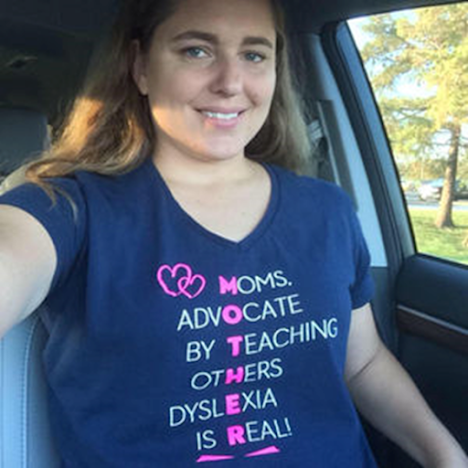Part 6: So what now?
For Carly, I was seeking a fully comprehensive evaluation in all areas of the known or suspected disability of dyslexia, even if those areas are not directly related to the suspected disability, including evaluations in; Occupational Therapy with Sensory Long Form, Physical Therapy, Speech & Language, Academics (including a comprehensive reading assessment), Psychological with a Social History, Augmentative and Alternative Communication Assessment, Cognitive Ability, Adaptive Behaviors, Vineland Behavior Assessment, neuropsychological, Other Health, and an observation of the student.
This is the exact wording I used to get my oldest evaluated through an FIE. The school requested Carly's FIE. However, the level of evaluation should not have been any different for Carly.
May 8, 2018
The IEE was approved and expired in 1 year.
This is what I wanted, right? So, why was it so hard to make the action to put Carly through yet another evaluation?
I decided to wait until almost the end of my time. I wanted to be a full year out from Carly’s previous evaluation so that the evaluator was able to use any and all tests\sub-tests she needed. This would also give Carly a break in testing.
Image: Brunch on her evaluation day.
IEE Evaluation Day 4/1/2019
IEE Results 4/12/2019
The evaluator said that Carly did not fit the clinical model
for dyslexia. The only factor keeping her from the designation was her phonics.
She stated that being in the dyslexia program for the past year would have
given her the tools to hide her possible dyslexia. That’s correct. While I was
reassured by the district dyslexia leads\experts that having Carly start the
dyslexia program, while not identified as dyslexic, would not affect future
evaluations, that's exactly what it did.
She also said that Carly caused her to do research on different areas. That she had not had a student test with results such as Carly’s.
She found info for orthographic dyslexia and feels that this is Carly. She
stated that it fit the results. She noted that this would be a determination on
the education side, that it was not clinical. Hum, I remember presenting
information about orthographic dyslexia in the ARD meeting.
Results of IEE (from the evaluator)
CLINICAL FINDINGS:
ICD-10 F82 Developmental Disorder of Motor Function,
Dysgraphia
ICD-10 F81.81 Disorder of Written Expression, Spelling
Deficits
ICD-10 F81.0 Specific Reading Disorder, Decoding
Carly was also identified as having an unexpected weakness in math.
April 22, 2019
Meeting with Director of Special Populations and the Lead
for the Dyslexia department.
Due to the history of predetermination of Carly, I requested
this meeting to prevent predetermination of Carly after the IEE.
May 7, 2019
ARD/504 meeting (delay due to personal reasons on our end).
It was determined that Carly did not qualify for an IEP.
She was placed on a 504 where she was identified as ….. take
a guess. What do you think they listed for her disability based on what you
have read?
DYSLEXIA
Yes, she is identified as dyslexic with “other” as dysgraphia.
The evaluator provided a comprehensive list of what Carly would need as accommodations based on her diagnosis and weaknesses. And I was informed by the district leads that the IEE came to the same conclusion as the district’s evaluation.
Excuse me, what?
The district found no disabilities. They identified Carly as an average student. The prior meetings ended with Carly not having a disability but being added to the dyslexia class to strengthen her reading. Yep, same conclusion.
Carly has mild sensory issues that have gotten better as she’s grown, and was later diagnosed with Abdominal Migraines, caused by anxiety. Looking back, we realized that she had symptoms going back several years. And it’s not just anxiety that will cause it to flair.
We have to be careful to not surprise her and talk through events that may
cause too much excitement (she would flare on vacations and trips).
She had so many tests to rule out everything else. X-ray. Blood work. Upper GI with contrast. Endoscopy (sleeping). Ultrasounds. We had to track food and activities. She was treated for acid reflux. The list goes on.
With every ”event” she had, we would report to the doctor.
Did you know that anxiety is not a rare occurrence in children with learning disabilities?
*More to come*






Comments
Post a Comment